Enroll Now and Get Upto 30% Off
* Your personal details are for internal use only and will remain confidential.
ITIL, originally developed by the British Government's CCTA in the 1980s, has become a widely recognized collection of best practices in information technology. It has evolved over time to revolutionize service management processes and align with the ISO/IEC 20000 standard. In 2013, Axelos assumed ownership, granting licenses for ITIL frameworks and overseeing updates. Organizations can internally adopt ITIL without the need for a license.
ITIL® stands for Information Technology Infrastructure Library and serves as the foremost framework for IT service management worldwide. It offers a comprehensive set of best practices to facilitate the efficient and effective delivery of IT services.
The ITIL® 4 Foundation serves as the initial stage for individuals seeking to acquire knowledge in IT service management. This program offers a fundamental grasp of the principles and essential elements of ITIL® 4. Its objective is to facilitate the development of knowledge and skills required to implement ITIL® 4 practices within an organization. To attain the ITIL® 4 Foundation certification, candidates must successfully complete a one-hour multiple-choice examination encompassing the following topics:
For higher-level ITIL® 4 certifications, such as the ITIL® 4 Managing Professional, ITIL® 4 Strategic Leader, ITIL® 4 Specialist, and ITIL® 4 Practice Manager certifications, the ITIL® 4 Foundation certification is a prerequisite.
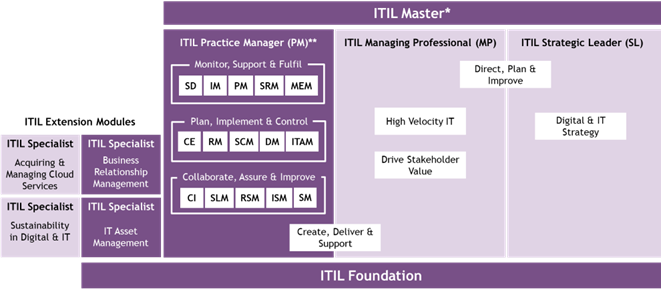
* ITIL 4 Master be awarded to candidates who achieve the Practice Manager(PM), Managing Professional (MP), and Strategic Leader (SL) designations.
** Candidates seeking the Practice Manager designation must meet either of the two requirements: obtaining the ITIL MP CDS certification along with five practice-based certifications, or earning the ITIL MP CDS certification and completing one of the pre-bundled courses, such as the ITAM and BRM extension modules or any practices from the Practice Manager track.
ITIL® 4 Strategic Leader is designed for IT Practitioners who are responsible for aligning IT with business objectives. ITIL® 4 Strategic Leader designation is achieved by passing the two modules that are part of ITIL® 4.
To achieve the designation of ITIL® 4 Practice Manager participants must complete ITIL® Specialist: Create, Deliver, and Support certification and also the combination of ITIL® 4 Practices broadly streamlined into 3 modules.
ITIL® 4 Managing Professional is designed for IT Practitioners working within Technology and Digital Teams across businesses. It is designed for IT professionals who manage IT service operations, teams, and workflows.
ITIL® 4 Managing Professional designation is achieved by passing all four modules that are part of ITIL® 4.
ITIL® 4 Master is the highest level of certification designed to validate a deep understanding of ITIL® 4 as well as its practical application in today's digital ecosystem. As a result, it recognizes individuals who have demonstrated superior knowledge, skills, and expertise in the field of IT service management.
Currently, to achieve the designation of ITIL® 4 Master, the candidate must obtain ITIL® 4 Foundation, ITIL® 4 Managing Professional, ITIL® 4 Strategic Leader, and ITIL® 4 Practice Manager (MSF), however, more information about the ITIL® Master journey will be released later.
To provide additional guidance on how service management best practices can be applied in today’s digital world, ITIL® 4 Extension Modules are designed.
There are four specialist modules:
The business Relationship Management practice of ITIL® 4 is about establishing and nurturing the links between the organization and its stakeholders at strategic and tactical levels.
The purpose of this module is to provide candidates with an understanding of the key concepts, principles, values, and challenges associated with Business Relationship Management. In this course, candidates will learn how to apply best practices in practice based on a strategic as well as a day-to-day perspective on concepts such as stakeholder analysis and requirements management, BRM roles and responsibilities, models and techniques, and service relationships from a strategic and a day-to-day perspective.
IT Asset Management is about planning and managing the full lifecycle of all IT assets, to help organizations maximize value, control costs, manage risks, support decision-making about the purchase, reuse, retirement, and disposal of assets and meet regulatory and contractual requirements.
MSF provides guidance on establishing best cross-practice collaboration for ensuring the availability and performance of IT services. Monitoring IT services and addressing issues proactively can minimize downtime and reduce the impact of service disruptions. Organizations can provide their end-users with the resources they need to perform their tasks by providing effective technical support. By fulfilling service requests efficiently, organizations can enable end users to accomplish their business objectives and be productive.
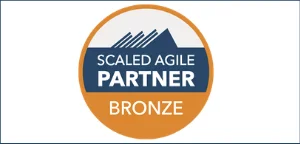

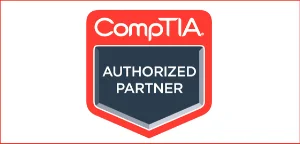
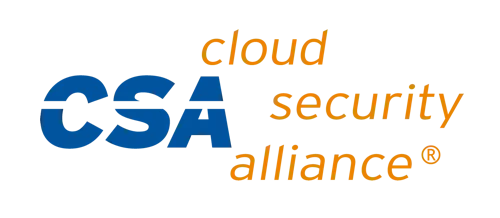
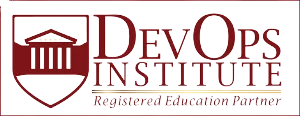
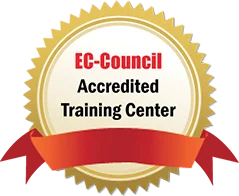



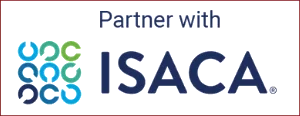
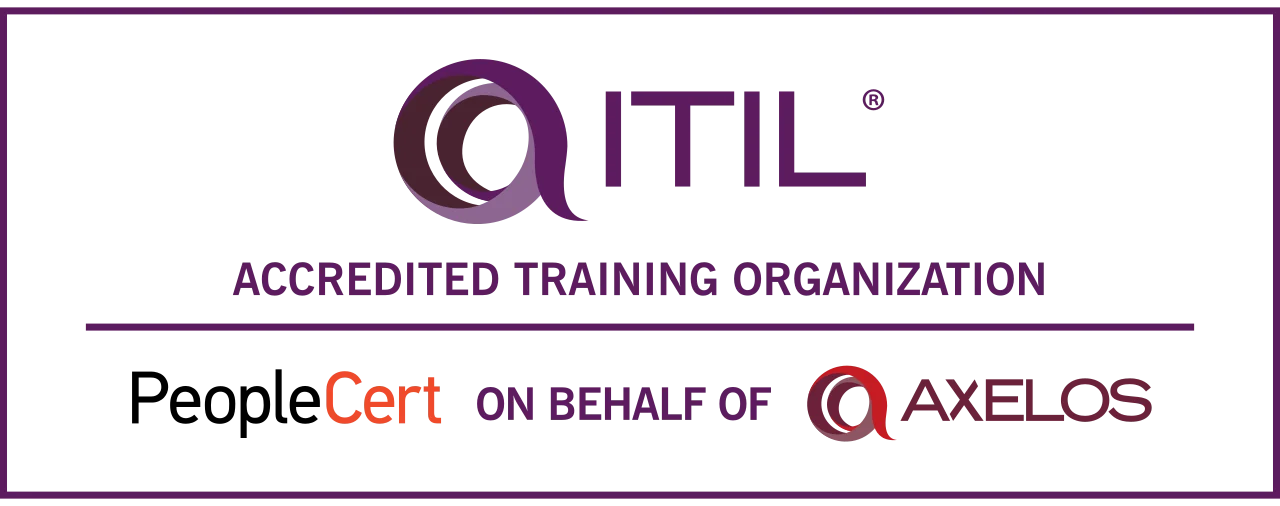
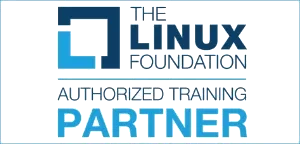

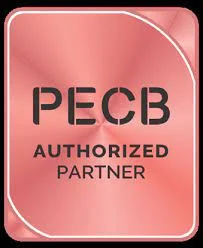
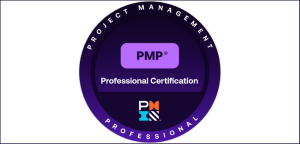
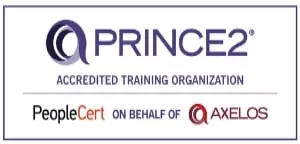


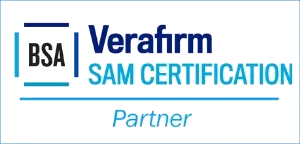

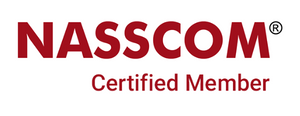















NovelVista has trained and certified professionals from all major organizations. Some of them are..















* Your personal details are for internal use only and will remain confidential.